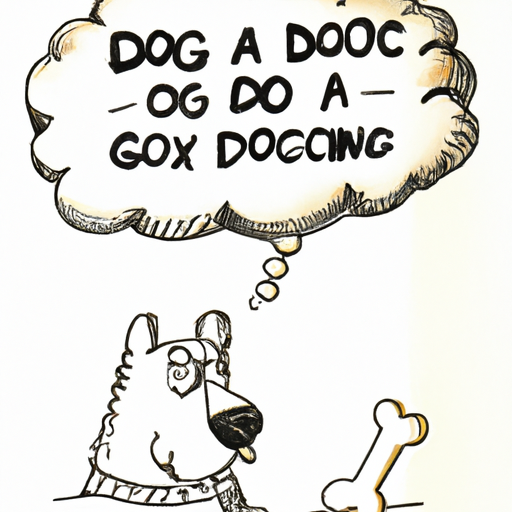You Are Not Alone
Firstly, if you’re reading this, it’s likely that your furry friend has swallowed a chicken bone. Don’t panic. You’re not the first pet parent to face this situation, and you won’t be the last. Dogs are naturally curious creatures and, despite our best efforts, sometimes they end up chewing on things they shouldn’t.
Understanding the Potential Risks
Chicken bones, particularly cooked ones, present a significant risk to dogs for several reasons:
- Splintering: Cooked chicken bones are brittle and can splinter into sharp pieces when chewed. These fragments can cause serious internal damage if ingested.
- Choking: Smaller bones or bone fragments can become lodged in your dog’s throat, causing them to choke.
- Blockages: Larger pieces of bone can become stuck in your dog’s digestive tract, leading to a potentially life-threatening blockage.
Precautions to Take
Here are some steps you can take if you suspect your canine companion has ingested a chicken bone:
- Keep a close eye on them: Monitor your dog for any signs of distress such as gagging, struggling to breathe, vomiting, or loss of appetite.
- Don’t induce vomiting: Unless instructed by a vet, don’t try to make your dog vomit. This could cause more harm than good.
- Call your vet: If your dog shows any symptoms or if you’re simply worried, don’t hesitate to call your vet. It’s better to be safe than sorry.
Long-Term Effects and Complications
While some dogs may pass a chicken bone without any issues, others might not be so lucky. Potential long-term effects and complications can include:
- Gastrointestinal issues: Prolonged or severe cases of blockage can lead to serious gastrointestinal issues, which can impact your dog’s overall health.
- Damage to internal organs: Sharp bone fragments can puncture internal organs, causing infection or other serious complications.
| Potential Complication | Symptoms | Recommended Action |
|---|---|---|
| Blockage | Vomiting, loss of appetite, constipation or diarrhea | Contact your vet immediately |
| Internal damage | Blood in stool, lethargy, loss of appetite | Contact your vet immediately |
Frequently Asked Questions
1. Can dogs eat chicken bones?
Ideally, dogs should not eat chicken bones, especially if they are cooked. They can splinter and cause harm to your dog’s digestive system.
2. My dog ate a chicken bone, what should I do?
Monitor your dog closely for any signs of distress and contact your vet for advice.
3. How long does it take for a dog to pass a chicken bone?
This can vary greatly depending on the size of the bone and your dog’s digestive system, but it typically takes between 24 to 72 hours.
Remember, your primary role as a caregiver is to ensure the safety and well-being of your pet. Taking preventative measures and acting swiftly in the event of ingestion can save your dog from serious harm.



